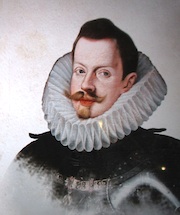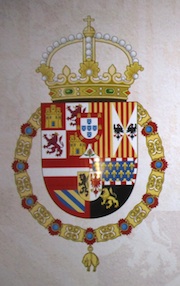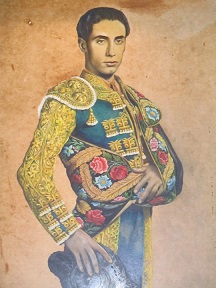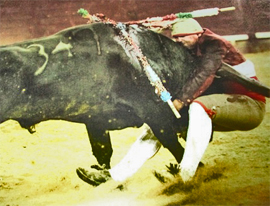





 |

Reading Discussion Questions for What to wear: The one item in your wardrobe that says “Spiritual” better than any other. 1. Did you ever want to live in 1899? Do you still want to after reading The Ghost of Vasco daGama? 2. How does Jemmy see herself? Is having a career desirable for a girl in her position? In the 19th century, women who wanted careers instead of families were considered unnatural. Does that attitude still hold true today? Was it possible then or now for a woman to “Have it all”? 3. Religion is paramount in The Ghost of Vasco daGama. We meet monks, would-be priests and different means of celebrating important events in the Christian calendar. How did the 19th Century treat people of different religions? Do we value religion differently in our own times? 4. What is Jemmy’s attitude toward friendship with her temporary maid, Verina? Do these views change during the course of the book? 5. Which of the ladies do you believe to be more representative of the 19th century--Jemmy, Auntie Dee, Aunt Tilly, or Verina? Which would you be happiest to trade places with? 6. Social position and prestige form a central theme. Like many American social-climbing mothers, Auntie Dee had high hopes of settling her son Duncan into the life of an important man. If she could find him the perfect European wife, she would fulfill her dream and reap social capital in St. Louis at the same time. What statement does the novel make about dreams and reality? 7. The industrial revolution created a new class of people, a middle class with free time and money enough to enjoy it. This created an entirely new leisure activity--tourism. Does travel really open eyes and expand horizons? In what ways is travel broadening? How does modern touring differ from 1899? Which would you prefer? 8. Succeeding where others have tried and failed has been prized throughout history. Vasco daGama is a great hero of the Portuguese despite the fact that he often took brutal actions that today we’d describe as war crimes. Does the end truly justify the means? What insight does this give into the human condition? 9. Questions of money, class and social expectations run through this novel. The Cuban refugees were upper class, but forced to flee because of war. How can they cope best? By fleeing or by adapting to the new order at home? |
 |
 |
 |
 |
|
 |
|
 |
|
 |
|
| Pedro I - King of Portugal and First Emperor of Brazil |
Campo Pequeno - Lisbon Bull Ring |
Royal Coat of Arms |
|---|